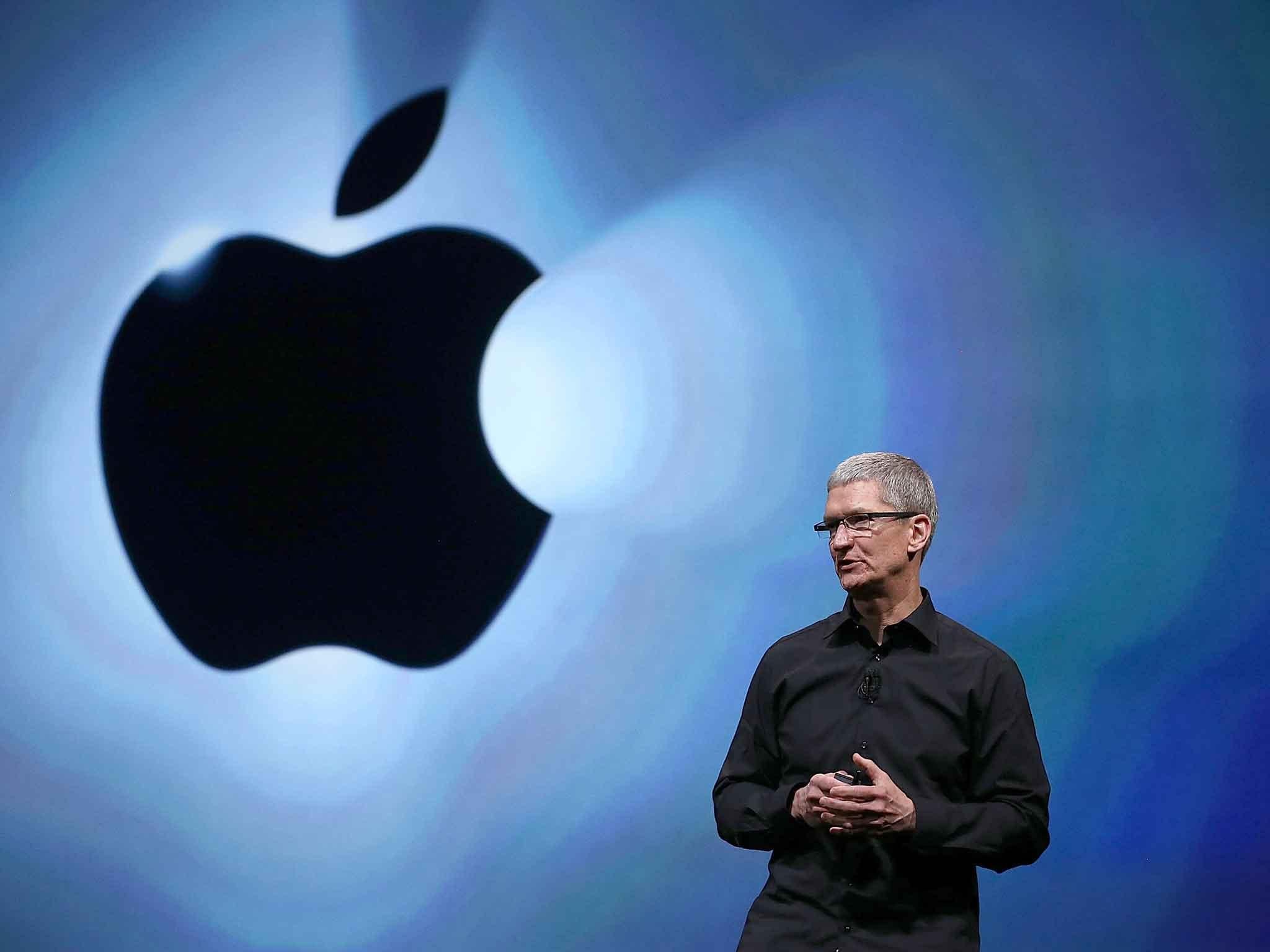Apple results: As iPhone sales drop for first time since it was released, company to look to grow with services
Some have said that the results show that the company needs to come up with its new must-have product – but that new product might not be anything real at all

Apple is looking to focus on its services businesses as it deals with slowing iPhone growth.
The company is turning attention onto the things that run on its phones, like Apple Music and Apple Pay, as well as presumably unreleased services. That appears to be a way of moving away from a focus on the phones themselves - a strategy that is proving problematic as more and more people hold onto their old phones, across the industry.
The slowdown in the number of people buying new phones – which dropped by 10 million in the second quarter of the year, it said – meant that Apple's revenues dropped for the first time since 2003. But it highlighted its service businesses, which is growing quickly and made $6 billion last year.
Increasing the interest in services would allow Apple to continue making money from its users, long after they bought their phone. But it could also mark a major change in strategy for Apple, which has previously seen services as a thing that increase the value of its devices – the opposite approach to Google and many of Apple’s other competitors.
Tim Cook has stressed that Apple will still look to ensure that services are a part of devices, rather than being products on their own. Apple doesn't offer most of its services outside of its own operating systems – with some notable exceptions, like the recent Apple Music app for Android.
"The most important thing for us is that we want to have a great customer experience," Mr Cook said during a Q&A session after the earnings were released. "So overwhelmingly the thing that drives us are to embark on services that help that and become a part of the ecosystem."
But Apple already makes more money from selling services than it does from selling Macs, it announced as part of the same earnings report. And it has been gradually stepping up that business, including with the release of the Apple Music streaming service earlier this year.
But that division is still tiny compared with Apple’s sales for other products. While Apple’s services revenue grew to $6 billion in the second quarter of 2016, that is far smaller than the $50.6 billion of iPhone sales it brought in in the same period.

At the moment, Apple offers many of its online services – such as the basic version of the iCloud online backup – for free. But it charges for others, including for more storage on iCloud itself.
The company could be planning to introduce yet more of those paid-for services. It has long been rumoured to be looking a television service that would sit alongside its Apple TV box, for instance, looking to take on video streaming services like Netflix.
For the moment, many of those services are owned and monetised by companies outside of Apple – which include many of Silicon Valley’s biggest companies, like Google, Spotify and Microsoft.
Many analysts said after Apple’s weaker results that the market is hoping that it will release another product with the selling power of the iPhone.
"They need to come out with that next great product," Angelo Zino, a financial analyst with S&P Global Market Intelligence, said before Apple released its earnings report Thursday. While he's optimistic about the company's future, Zino added, "Apple absolutely needs to start diversifying their revenue base."
But in the absence of such a product, Apple’s work in increasing its services would allow it to grow that division alongside more straightforward sales of its iPhones, iPads and Macs.
That might help it move away from the annual hardware and software cycle that its phones and most other products have now settled into. It has already appeared to be moving on from that very cyclical approach, launching an update to its iOS phone operating system last month with much fanfare and marketing.
Join our commenting forum
Join thought-provoking conversations, follow other Independent readers and see their replies
Comments
Bookmark popover
Removed from bookmarks